Edward James ‘Ted’ Hughes was an Modern English poet and critics ranked him as one of the best poets of the period. Among the important poets of the latter half of the twentieth century, Ted Hughes’ special contribution to English poetry lies in the creation of a poetic world with a central interest in wild animals and birds. His poetic inspiration is born out of and focused on the peculiar but intimate influence that animals of forests, trees and the sky have on a sensitive human spirit. The hawk, the crow, the fox, the owl recur repeatedly in his representative poems as protagonists, metaphors, myths and symbols.
Hawk Roosting is a dramatic monologue of a Hawk, a real bird of prey which feeds on preying smaller birds and animals. It is a poem based on the ‘hawk’s’ eye view of the world. The ‘hawk’ here is a symbol of arrogance and superiority. Seated on the treetop, the hawk looks down on the world like a king. The hawk is not impressed with neither the vastness of the world nor with itself for being above the world. This hawk has no ‘falsifying dream’ which mean the hawk doesn’t have any false dreams but only perfect dreams of killing.
The ‘wood’ in line 1 refers to a forest. The poem begins with the hawk resting on a tree with his eyes closed. In lines 3, the bird being ‘hooked’ emphasizes on the sharp parts of the bird that are used for attacking and killing its prey. In addition, Ted Hughes had used ‘feet’ instead of claws which creates an image in the reader’s mind about the connection between the hawk and humans. This connection is known as personification. The expression ‘perfect kill’ refers to the impression that the hawk has about himself being superior and arrogant.
In the second stanza, the hawk arrogantly tells us that the world is made for him; ‘the convenience of the high trees/ the air’s buoyancy and the sun’s rays/ are of advantage to me.” The words, ‘convenience’, ‘advantage’, ‘buoyancy’, ‘inspection’ are all examples of elevated and sophisticated diction. It also represents the hawk as an intelligent bird. The hawk, moreover, says in pride that the earth awaits for the hawk’s inspection.
In the third stanza, the word ‘Creation’ has been used with a capital C which is synonymous with God,
“it took the whole of Creation/ To produce any foot, my each feather”, the arrogance and sense of superiority is pushed to the highest level and that is vividly portrayed in the above lines. Finally, the hawk thinks himself to be the all powerful, to be God, ‘Now I hold creation in my foot.’
The end of the stanza and the beginning of the fourth are linked by enjambment, as the hawk is shown that it is free to ‘fly up’ and circle the world below at its leisure. The idea that he sees himself as God is again reinforced in the lines, ‘I will kill where I pleasure because it’s all mine.’ In lines 15 and 16, the hawk says his possesses no ‘sophistry’ which means that his doesn’t reason. Line 16 uses bitter language like ‘tearing off their heads’ signifying that the hawk enjoys much his actions.
‘The allotment of death’ in the fifth stanza provides the readers with an image of the hawk hunting. The hawk chooses its own prey brutally. The stanza closes with the lines ‘No arguments asserts my rights’ meaning that the hawk need not justify his ways of killings. They are unquestionable.
In the final stanza, the hawk says ‘the sun is behind’ which we can deduce as the sun is behind him for real or it could also mean that the sun is with him. In the second verse, the hawk says, ‘nothing has changed since I began’ which gives the impression of time. It makes the reader feel that the hawk has always been looking upon the earth. The final lines ‘My eye has permitted no change/ I am going to keep things like this’ show the idea of domination or control.
The poem is divided into six stanzas consisting of four equal lines. The lines are neat, fairly short and efficient. The form of the lines matches with the qualities of the hawk. One of the most distinct personalities of the hawk that is represented in the poem is that of arrogance. Attributing the hawk as the speaker gives immense effect on displaying the theme of the poem. Hawks are known to be powerful, dignified among birds. Man is entitled to have these features too. So it is easy to draw a connection between the two which can make the reader think that the speaker is man if not for the title of the poem. Therefore Ted Hughes uses the hawk as a symbol for power. It can be compared with a tyrant or an authoritarian despot who is self-centred and arrogant. He would allow himself or his ways to be questioned and would see the world as designed for his purpose.
The poem is complex in nature and there are different interpretations to this.
Some critics think that the poet, Ted Hughes is praising the bird, its determination, power and beauty among other birds of prey. Some think the poet uses the bird as a metaphor for the extreme state of a mind of a serial killer or a dictator like Hitler.
Ted Hughes was aware of the violent forces of nature and the themes of his poetry were much about these forces. He wrote with vivid imagination, cynical description and powerful imagery. The lines were sometimes harsh, sometimes lucid emphasizing the scheming and savagery of human life. ‘Hawk Roosting’ is one of his most anthologized poem representing the consciousness of an animal expressing its single-mindedness blended with human arrogance. Ted Hughes’ poems intertwine and redefine ideas by means of impudent statements with intense and even stark stabs at meanings.
Some online learning platforms provide certifications, while others are designed to simply grow your skills in your personal and professional life. Including Masterclass and Coursera, here are our recommendations for the best online learning platforms you can sign up for today.
The 7 Best Online Learning Platforms of 2022
- Best Overall: Coursera
- Best for Niche Topics: Udemy
- Best for Creative Fields: Skillshare
- Best for Celebrity Lessons: MasterClass
- Best for STEM: EdX
- Best for Career Building: Udacity
- Best for Data Learning: Pluralsight

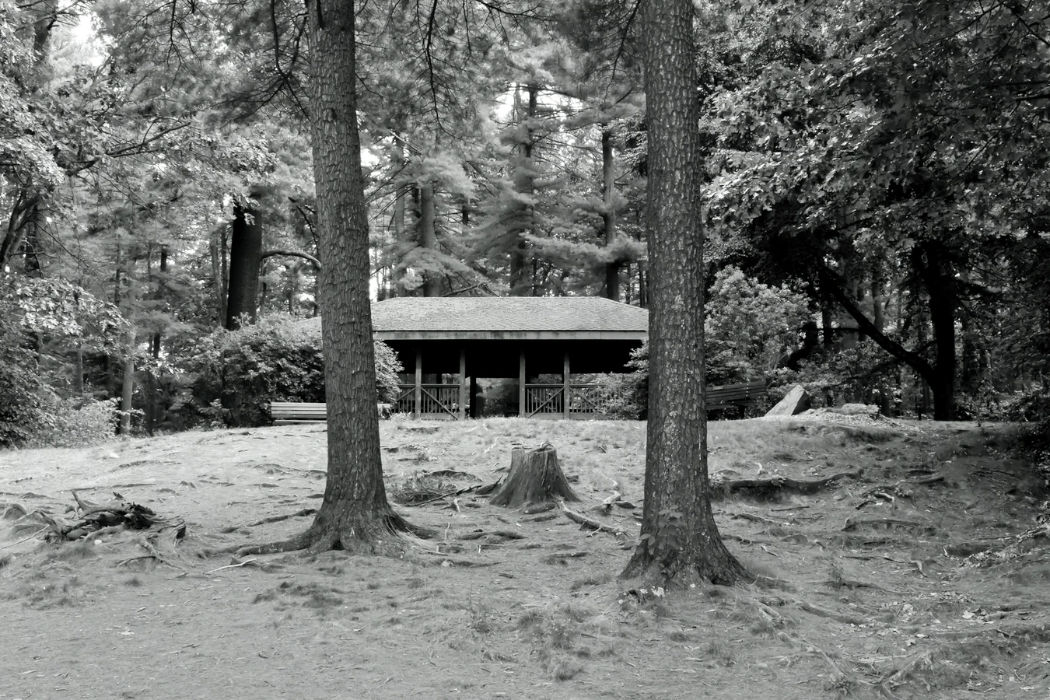
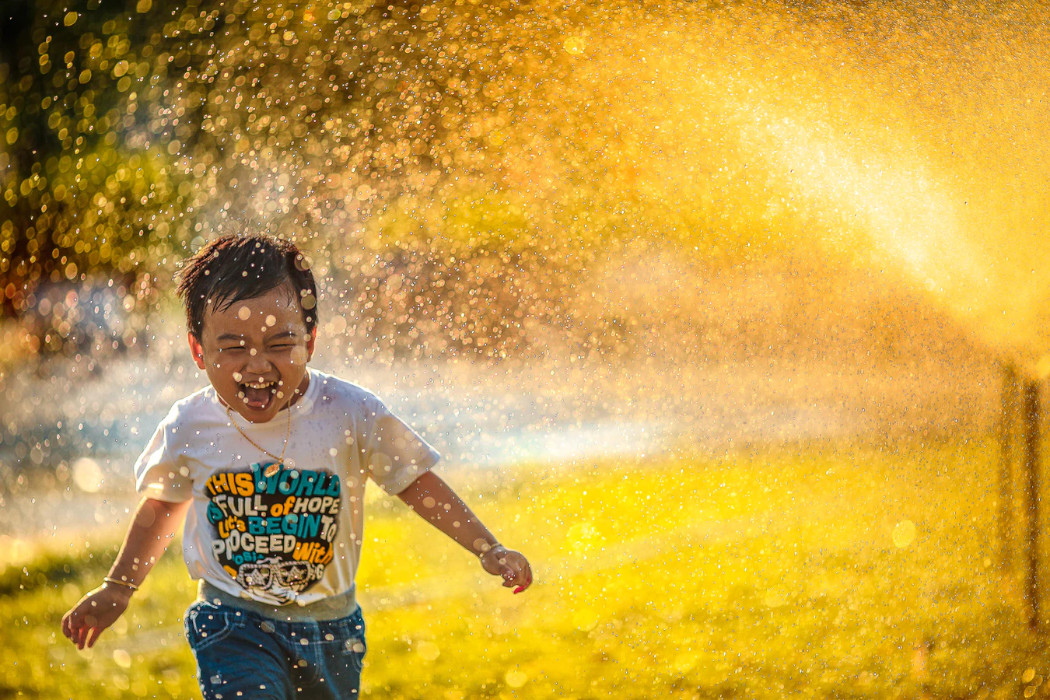
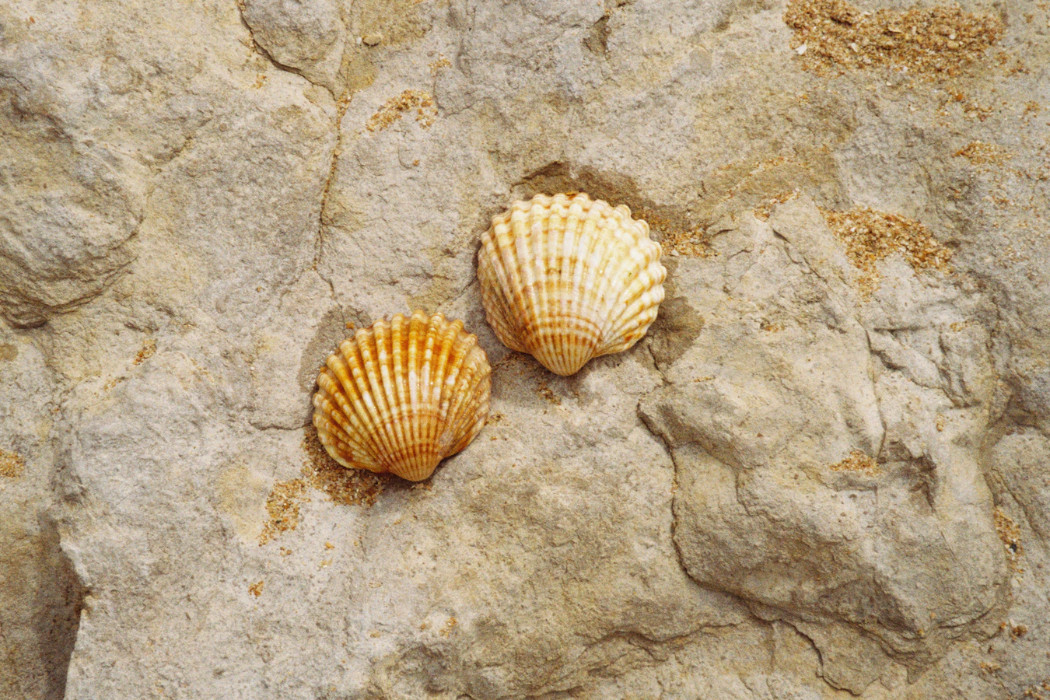
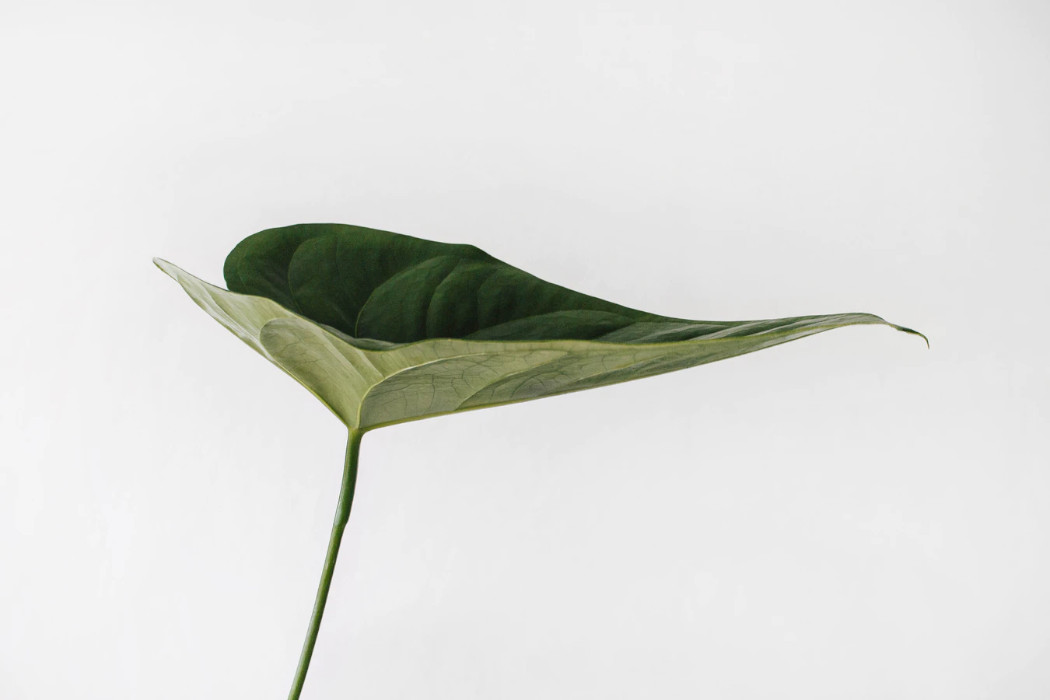

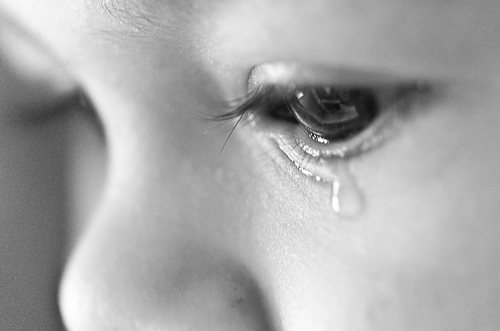
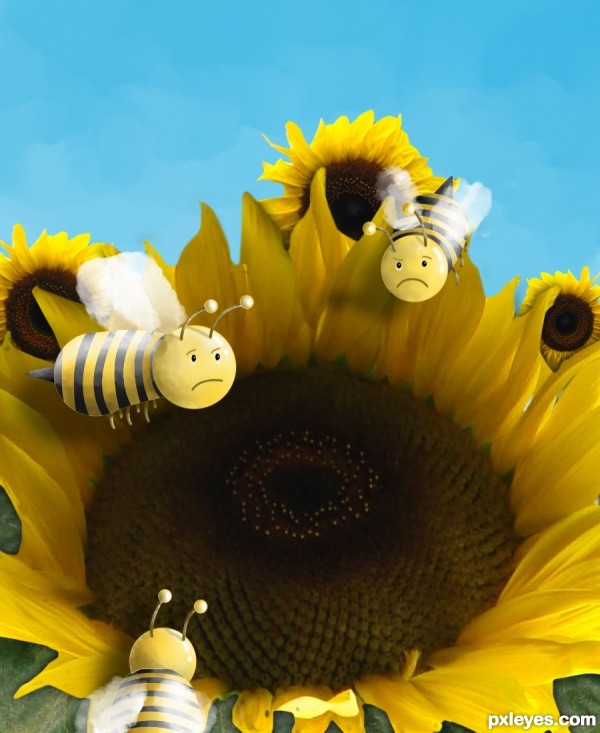

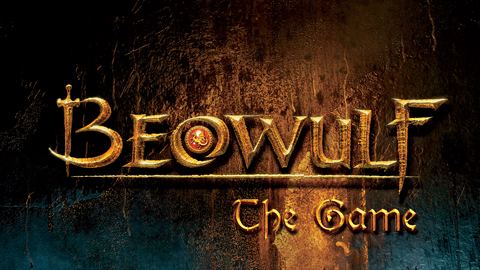

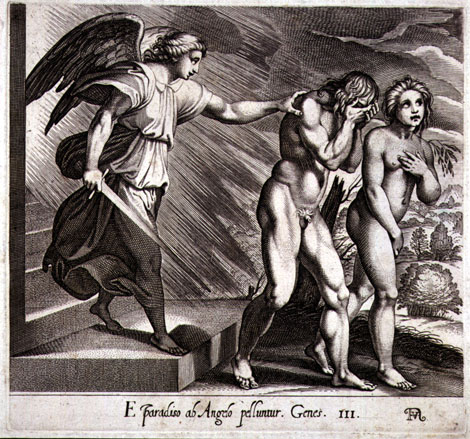





hi it was handy one for mine exam preparation,than you lot,
It helped me a lot to prepare my class. thanks.
Georgekutty, Udaipur
Very good analysis! I was reviewing some poems for my poetry exam tomorrow and stumbled across this! Very well written. 🙂 Thank you.
Very true Emmy, best wishes in all you do gal
thanks mate! 🙂
very good analyses …thank you a lot
Well my 11 year old son had to study this poem and ‘reflect’ on it. We did. We think it’s crap.
It seems to me that he started writing it sober and then drank his way to the end, and somewhere along the way a load of toadying English academics deemed it a mystical work of great hidden meaning and metaphor. Take away the cache’ of the poet’s name and read it again. It’s massively hyped. Just my opinion.
Good analysis Thankyou
Indeed good
Thanks very much ey
Was really stuck on how to tackle a poetry analysis
Lots of love ey
Great job!
I was looking for further analyses for a seminar in my BA in English. It is very helpful.
Thanks
Amat,
Sweden
It was really helpful for me ..
And you wrote it well ☺
Very nicely explained
Thanks a lot
????
It’s a very mediocre poem. I liked reading it but it doesn’t leave a lasting remark
This annalysis is really good ☺
Yes..i m helped by this analysis..thank u ..
thank*100 .its great help